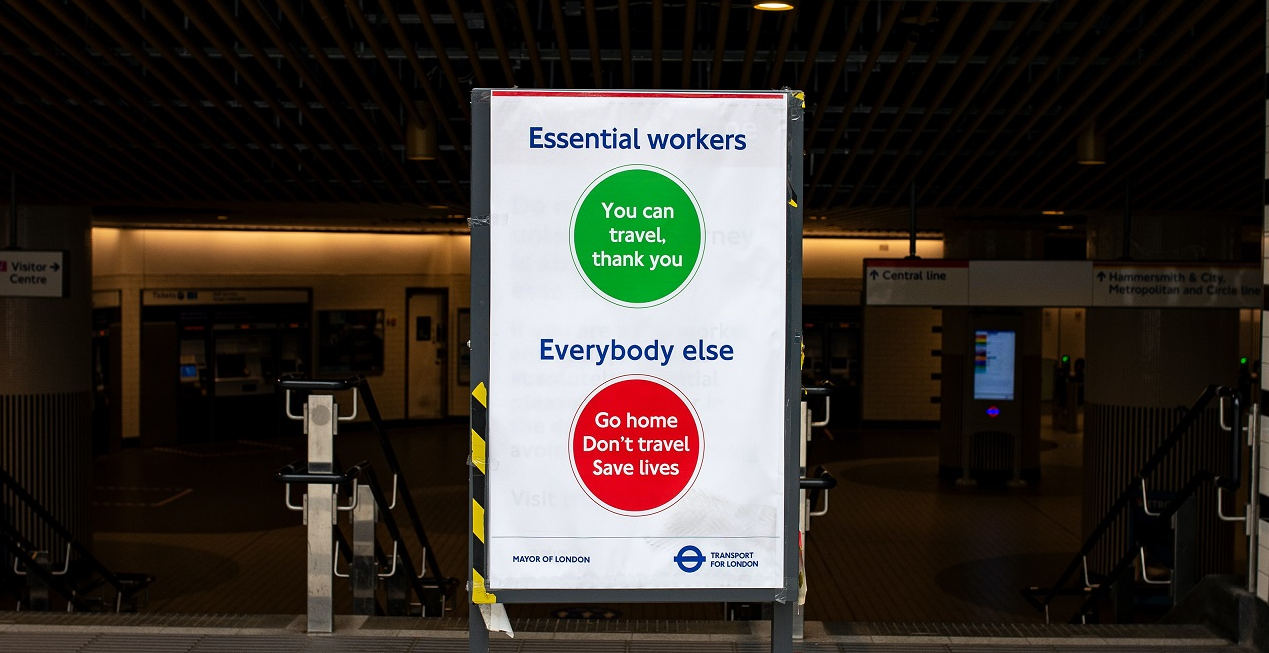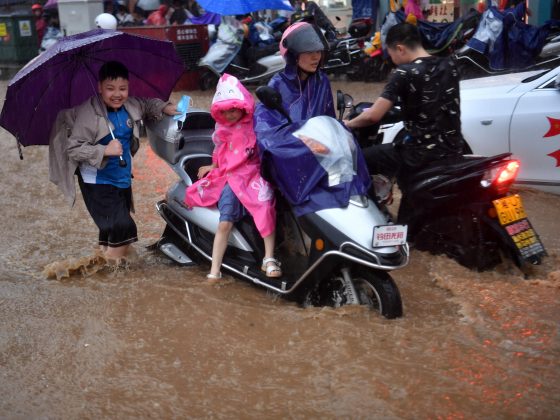In the early 1930s, my teacher’s father, the great Kabbalist and illustrious thinker, Baal HaSulam, wrote a groundbreaking essay titled “The Peace,” where he outlined how humanity can achieve peace and what will happen if it doesn’t.
Among other things, he articulated nature’s way of tending to its creations, how it rears them until they become independent. In his words: “Let us take the making of a human being as an example: The love and pleasure of the progenitors are its first reason, guaranteed to perform their duty. When the essential drop is extracted from the father … nature has very wisely secured a safe place for it, which qualifies it to receive life. Nature also gives it its daily bread in the exact amount. Nature has also prepared a wonderful foundation for it in the mother’s womb so that no stranger might harm it.
“Nature is a skillful judge; it will treat us according to our actions. If we choose mutual responsibility now, we will avert nature’s harsh lessons.”
“It tends to its every need like a trained nanny who will not forget it for a moment until it has acquired the strength to emerge into our world. …Then, too, nature does not abandon it. Like a loving mother, it brings it to such loving, loyal people it can trust, called ‘Mother’ and ‘Father,’ to assist it through its days of weakness until it grows and can sustain itself. As man, so are all the animals, plants, and inanimate; all are wisely and mercifully cared for to ensure their own existence and the continuation of their species.”
However, cautions Baal HaSulam, when we grow, we must assume responsibility and start behaving more and more considerately toward each other, care for one another and for all of nature. The more we resist nature’s lessons, the more insistently and painfully it teaches us. And the lesson that nature teaches us, wrote Baal HaSulam almost a century ago, is to build a society based on giving rather than receiving. Because we are reluctant, he added, “humanity is being fried in a heinous turmoil, and strife and famine and their consequences have not ceased thus far.”
However, nature’s lessons do not have to be harsh. Baal HaSulam writes that “The wonder about it is that nature, like a skillful judge, punishes us according to our development. For we can see that to the extent that humankind develops, the pains and torments obtaining our sustenance and existence also multiply.”
In conclusion, writes Baal HaSulam, “You have a scientific, empirical basis that nature has commanded us to obey with all our might the rule of bestowal upon others in utter precision, in such a way that no person among us would work any less than the measure required to secure the happiness of society and its success. As long as we are idle performing it to the fullest, nature will not stop punishing us and taking its revenge.”
Finally, Baal HaSulam warns, just a few years before World War II broke out, that “besides the blows we suffer today, we must also consider the drawn sword for the future.” Therefore, he adds, “The right conclusion must be drawn—that nature will ultimately defeat us and we will all be compelled to join hands in following its dictates with all the measure required of us,” namely “to obey … the rule of bestowal upon others.”
Nature’s gradual teaching method ended in Europe’s destruction and the death of tens of millions of people, since they would not listen. Now we are seeing the escalating cycle of hate becoming an ominous whirlpool that’s threatening to drown the entire world once more, and the cost will be much heavier than even the previous world war.
In The Writings of the Last Generation, Baal HaSulam writes that a third, nuclear world war will happen if we do not take upon ourselves the commandment of building a society of giving and mutual responsibility. Judging by the escalation in hate crimes and international tensions, it is easy to see his prediction materializing. But nature is a skillful judge; it will treat us according to our actions. If we choose mutual responsibility now, we will avert nature’s harsh lessons.
The coronavirus has given us the chance to practice mutual responsibility. All we have to do is obey two laws: wear masks and keep our distance. If we did that for just a few weeks, we would be rid of the plague. But can we? Do we care enough about others to help the world get rid of the bug? The coronavirus is a test of our commitment to each other. If we fail, nature will provide a far more stringent, and far less sympathetic, teacher. And if we keep failing, Baal HaSulam’s prediction will come true.











